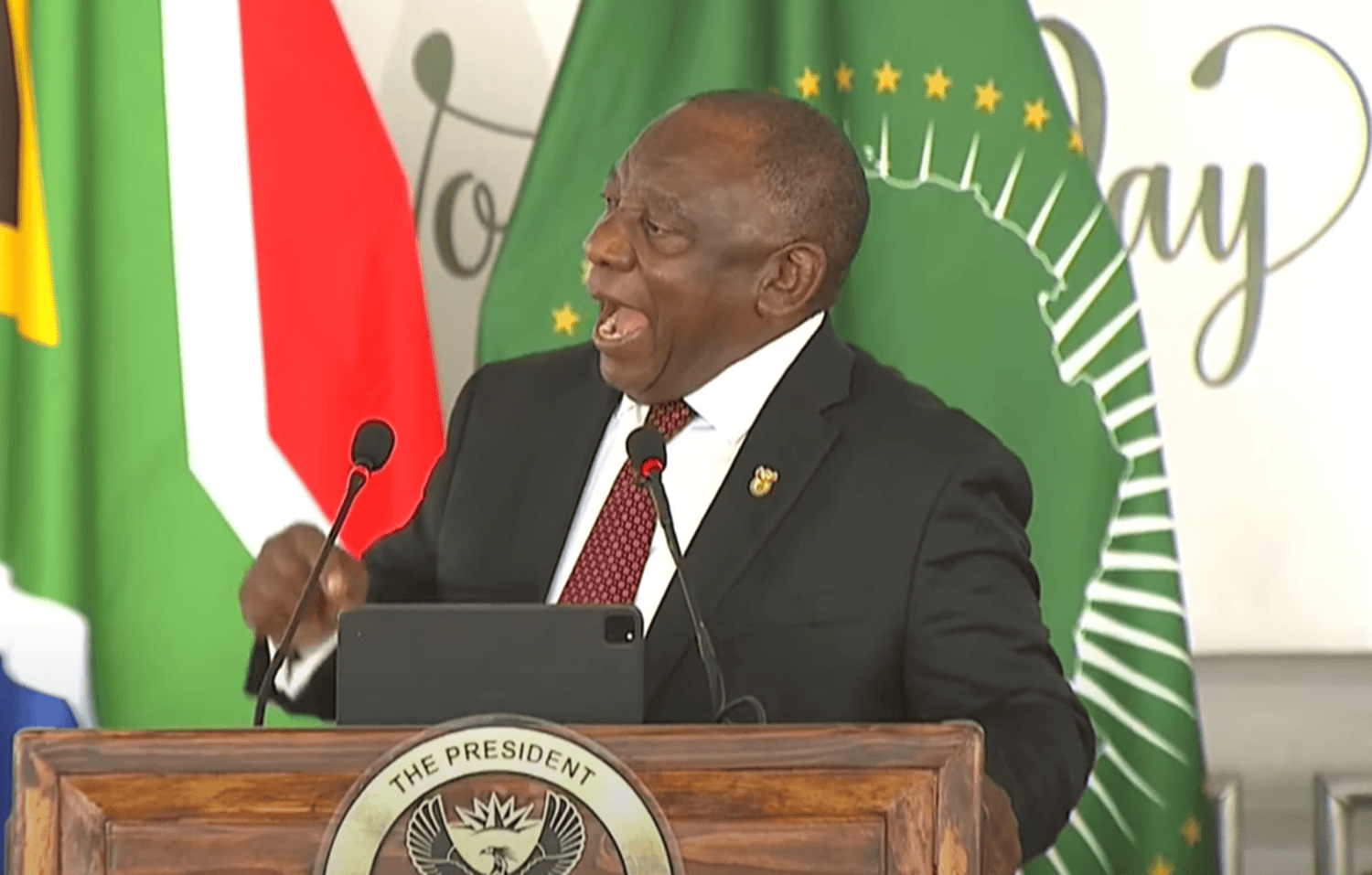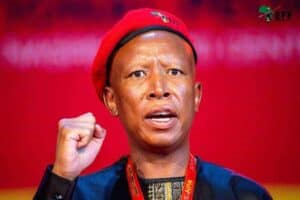What is the use of a National Dialogue when the nation isn't taken seriously by its leaders?

You don’t have to be an expert to know that a wounded animal, when cornered, will fight tooth and nail for its survival.
Such a scene is playing out before our eyes with the ANC and its hijacking of the National Dialogue. The dialogue, packaged as a forum for citizens, activists, civil society, business, and political parties to discuss issues facing the country, kicks off today in Pretoria.
A true family meeting is needed. Not the one-sided announcements fed to us by the president under the Covid-19 lockdown, but a proper, clear-the-air discussion to unite us behind a strategy to take the country forward.
SA really is sitting on a watershed moment.
A coalition government demands more political consensus and unified policy than has been needed since 1994.
Black economic empowerment (BEE), the Expropriation Act, and SA’s foreign policy are just three of many sticking points in the ruling government of national unity (GNU) that need to be discussed and a national stance adopted.
We can no longer drink from a tin that says national unity but tastes and smells just like ANC policy.
Social collapse
Socially, we sit on a tsunami of crises that threaten to overwhelm communities and citizens.
Whether it is powering streetlights or fixing potholes, businesses and citizen groups have had to step in where the government has failed. They deserve a place and a voice at the discussion table.
Services that should be offered by the government to its citizens are now being privatised, leaving those who want them to pay for everything from water and electricity to schooling, security, waste collection, and medical care. This further divides the chasm between the haves and have-nots in the most unequal country in the world.
Those who live on both ends of the chasm deserve to have a voice at the National Dialogue.
They should speak about how the government’s failure to provide sufficient basic services and jobs has led to a scarcity and frustration that has become a fertile ground for Operation Dudula to thrive. Whenever the vigilante group questions the nationality of those working at stores or in line at clinics, hospitals, and schools, they are adding to the hysteria that “foreigners are stealing our jobs, rights, and privileges”.
All citizens will talk about how we blindly deal with water shortages, power outages, corruption, racism, gender-based violence, and crime on a daily basis.
SA is among the most crime-ridden countries in the world. Private security companies and police are on the front line each day, dealing with everything from potential terrorism threats and illegal mining to extortion, kidnapping and muggings in the CBD that “nobody saw”. They should be heard at a national discussion.
ALSO READ: A VIEW OF THE WEEK: When will the ground fall beneath us?
National dialogue: another ANC rally?
But none of these crucial players, whether meaningful political opposition to the ANC or John from down the road, will be there on Friday.
Several political parties have pulled out, as have key foundations and civil society organisations.
Their fears that this will be a costly talkshop for ANC cadres and their supporters to hijack may become a reality, with echo chambers of party policy passed as national consensus.
The party should have learnt from losing power in a bruising 2024 election and realised it needs to be a fair player.
Like an apologetic but insincere ex, ANC secretary-general Fikile Mbalula loves to go on about how the party has learnt its lessons from its past failures and has listened to the people of SA. It is a lie parroted by his boss, President Cyril Ramaphosa, when addressing the national government’s failures.
But what lessons have they learnt, and who exactly have they been listening to?
Government community imbizos are a powerful and progressive step, but complaints fall on deaf ears, and no changes are implemented when the blue-light brigades leave town.
Both the ANC and the government that it controlled for 30 years need to understand the reality of the people they claim to serve, but refuse to hear it and would rather talk to an empty room.
Perhaps if they stopped talking, stopped fighting, the silence of those who chose not to be part of their charade will tell them how they got there in the first place.
NOW READ: A VIEW OF THE WEEK: Ramaphosa risks losing control of Cabinet






